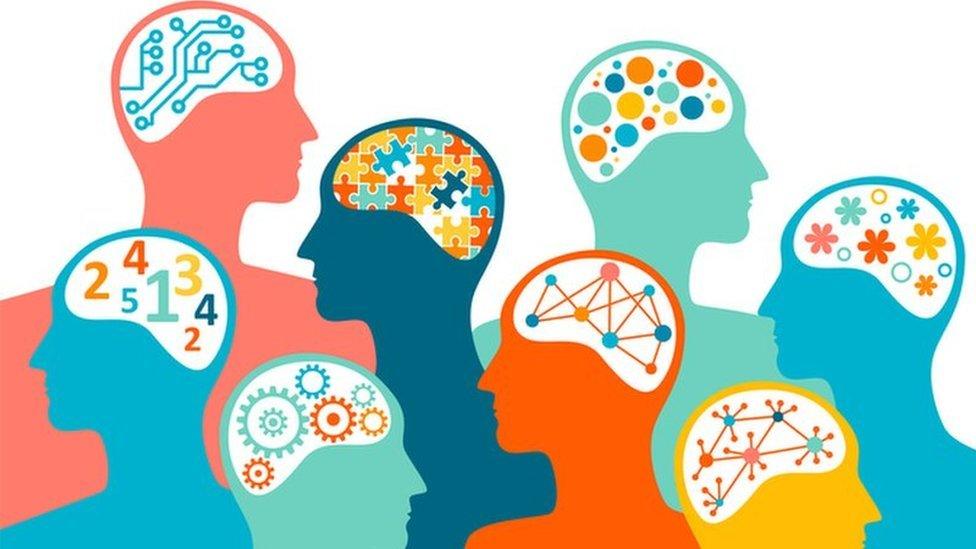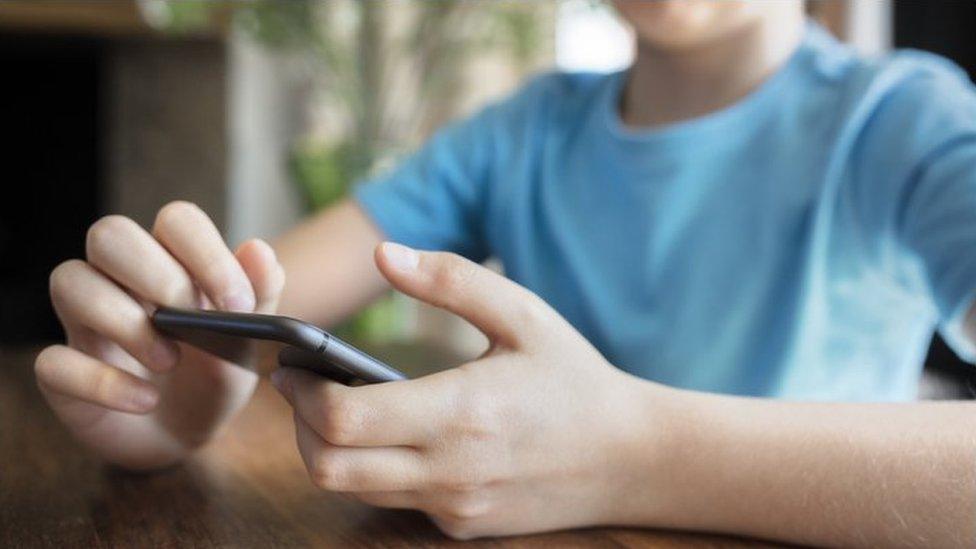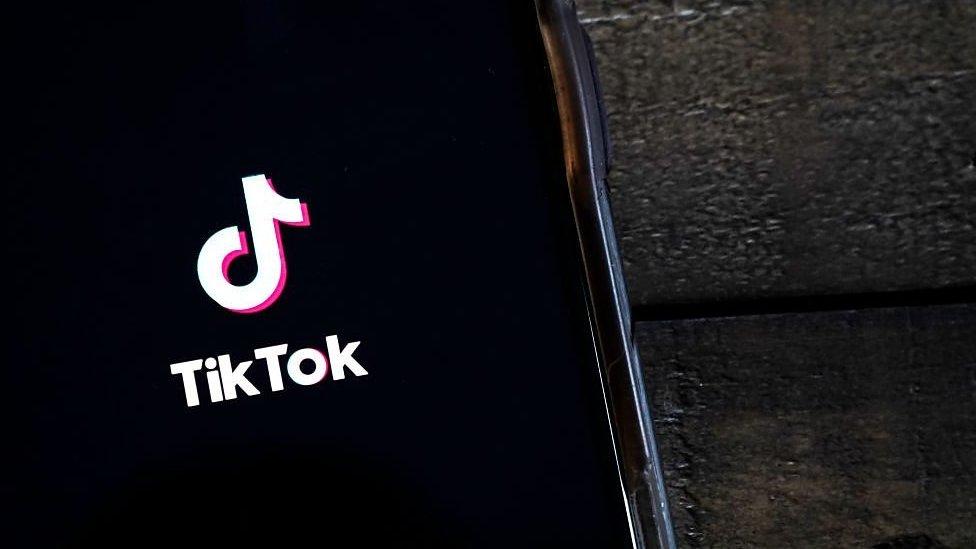TikTok shouldn’t be used to diagnose ADHD or dyslexia, say psychologists
- Published
Social media: Why experts say TikTok shouldn't be used to diagnose neurodiversity
Child psychologists have told Newsround that young people are using social media like TikTok to find out if they're autistic, dyslexic or have ADHD.
These are all conditions that affect the brain, and the way people see and communicate with the world around them.
Videos on social media platforms like TikTok and Instagram claim to help you work out if you have ADHD - which stands for attention deficit hyperactivity disorder - amongst others.
Some of them list a range of symptoms such as, 'is your bedroom messy?' and 'do you struggle to concentrate?'
But psychologists are warning that it takes much longer to find out if you have a mental health condition and children should speak to an adult if they're unsure.
What does neurodivergent mean?

Neurodiversity is a word used to describe the different thinking styles that affect how people communicate with the world around them.
It is an umbrella term - a word that sums up lots of different things. It includes conditions like autism, ADHD, dyslexia, dyspraxia, dyscalculia and tourette's.
The word comes from two parts - neurological and diversity.
Neurological means things to do with our brain, and diversity means things that are different.
It is a term used for lots of different people who have different thinking or communicating styles.
These include lots of different conditions, including autism and ADHD, which impact how people communicate with others and the world around them.
There's also conditions like dyslexia, which effects how people read and spell, or dyspraxia, which impacts your movement and co-ordination.
What have experts told Newsround?

Dr Will Shield, a child and education psychologist, told Newsround more children are using social media platforms to figure out if they're neurodivergent.
He said: "You cannot diagnose ADHD or autism based on watching a short video.
"You must talk to a teacher, health professional, special educational needs coordinator or a doctor, because they're the only ones who can diagnose neurodivergent conditions," he added.
In the UK the number of children using TikTok and Snapchat rose in the last year, according to the media regulator Ofcom.
Social media companies have come under pressure from children's charities and experts to make sure these platforms are safe.
Dr Tara Quinn-Cirillo is a psychologist and works closely with The British Psychological Society.
She said: "There are pros and cons to using social media.
"It can ignite conversations around emotional wellbeing and can lead to people seeking support, but more work needs to be done to educate young people about the sources of information they are using."
There are worries that some of these videos are too quick to label certain neurodivergent conditions.
Dr Shield added: "Being fidgety, losing concentration and having a messy bedroom could be signs of ADHD or they could also be signs that we're tired and stressed.
"They could also just be part of our personality," he explained.
What have TikTok said in response?

We sent some of the videos that claim to help you find out if you are autistic or dyslexic to TikTok.
They reviewed the content and told Newsround that the videos did not violate their policies.
A TikTok spokesperson said: "We work hard to keep our platform a safe space for these important conversations.
"Anyone looking for advice or diagnosis on neurological conditions should contact a medical professional."
